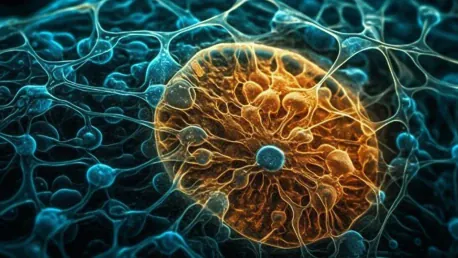Biond Biologics Ltd., a private biopharmaceutical company, has entered into a partnership with Merck KGaA, Darmstadt, Germany, to support a Phase 1 clinical trial aimed at treating patients with unresectable or metastatic solid tumors. This clinical trial, designated as BND-35-001 (NCT06274437), will evaluate the combination of Biond’s BND-35 immunotherapy agent with Merck KGaA’s cetuximab (Erbitux). Under the terms of the agreement, Merck KGaA will provide cetuximab to assist in this trial. The study focuses on BND-35, an innovative anti-ILT3 antibody designed to disrupt the interaction between ILT3 and extracellular matrix ligands like fibronectin, which are components that contribute to a tumorigenic tumor microenvironment (TME). By recalibrating the TME to a more pro-inflammatory state, BND-35 aims to enhance the efficacy of antibody-dependent cellular cytotoxicity (ADCC) and antibody-dependent cellular phagocytosis (ADCP) mechanisms, both essential for the eradication of tumor cells.
BND-35 Clinical Trial Advances
The collaboration between Biond Biologics and Merck KGaA has already initiated the BND-35 dose-escalation monotherapy phase, with patient dosing currently underway. Tal Sines, Biond Biologics’ VP of Business Development, has expressed enthusiasm about the partnership, noting that preclinical data show that BND-35 works synergistically with cetuximab. This combination could potentially introduce a new treatment paradigm for patients suffering from solid tumors. This comprehensive trial reflects a growing trend in cancer therapy, focusing on combining innovative immunotherapeutic agents with established monoclonal antibodies. The collaboration underscores the significance of combinational approaches in the scientific community, highlighting their potential to enhance treatment efficacy and offer new hope to patients with solid tumors. Thus, this trial not only marks a significant step forward for both companies but also could transform treatment methodologies for solid tumors in the near future.









